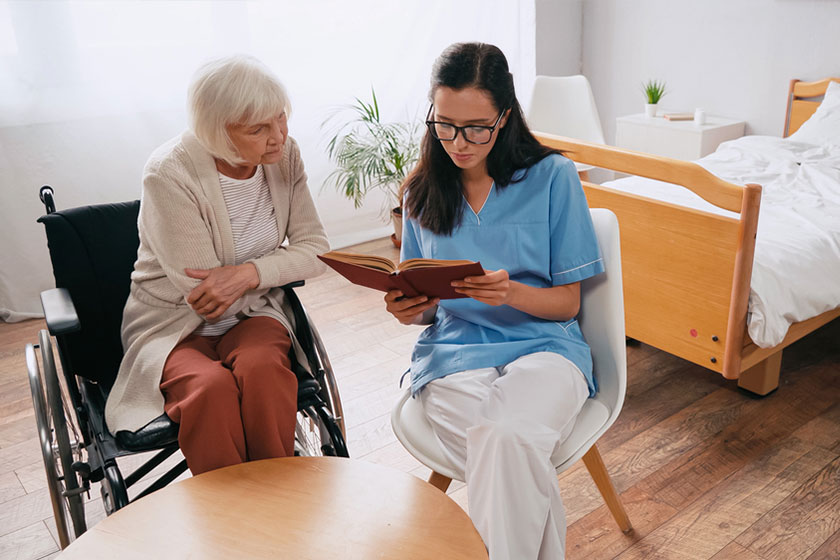The level of care in 55+ communities in Virginia is a key factor that should be considered when looking for the right place to live. It will help the residents feel confident that their needs are met, and they can continue living in their community as long as possible. Evaluating their health and daily life can help you determine whether it’s time for them to move into a 55+ community. These communities have state-of-the-art amenities and services to help your loved one maintain an independent lifestyle while keeping them safe and healthy.
Consider the Senior’s Activity Level
The activity level of an elderly person is crucial in determining the level of care they need. Aging family members vary widely in their abilities and health, so it’s best to consider each one’s specific situation.
As you consider your family member’s activity level, it’s important to remember that what’s normal for one resident may not be for another. For example, it would not be surprising for a 90-year-old man to have less energy than his 65-year-old neighbor. Suppose you are caring for an elderly person who has diminished mobility or is experiencing other health concerns and needs help with daily tasks such as bathing and eating. In that case, you should consider care assistants.
In addition, some seniors thrive on being active, while others prefer more sedentary lifestyles. If your loved one likes going outdoors and walking around the neighborhood daily (or even just taking short trips out of their apartment), they might do just fine living independently in a 55+ community. But if they prefer staying inside reading books all day long and rarely leave their apartment, they may want to move somewhere else where they’ll have more opportunities for socialization with people at similar stages in life.
Pay Attention to Their Mental Health and Memory Issues
The importance of mental health cannot be stressed enough. The elderly are more susceptible to serious mental illnesses such as dementia and depression than other age groups. The signs of these conditions vary depending on the person, but it’s important to note that many have no symptoms at all and may not even realize they have a problem. A good indicator is how well a person can remember things or do simple tasks like cooking or cleaning up after themselves. If you see them struggling with bills, planning meals and outings with friends or family members—or just performing day-to-day activities—it could indicate that something is going on mentally that needs attention.
Memory problems can be another sign of mental health issues in the elderly. However, it’s important to note that memory loss is common for people as they get older, so this behavior doesn’t necessarily mean there’s cause for concern unless it starts interfering with their daily life.
Conclusion
With all these factors in mind, you can determine with relative certainty the level of care that an older adult needs. While no one can predict what will happen in the future, this process can help guide your decisions regarding assisted living for your loved one.







